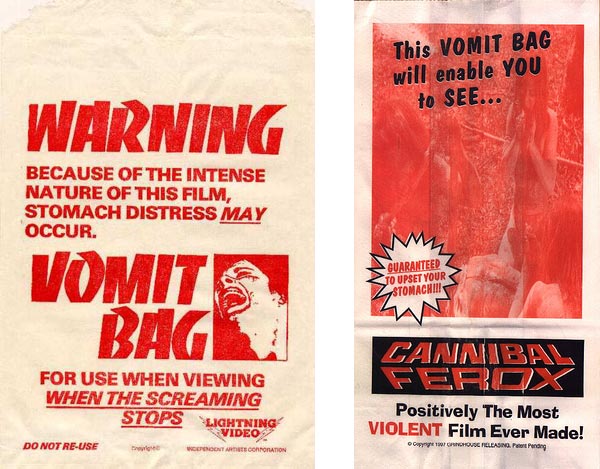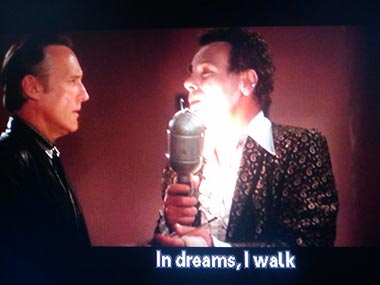UFO spotters, Raëlian cultists, and self-certified alien abductees notwithstanding, humans have, to date, seen no sign of any extraterrestrial civilization. We have not received any visitors from space, nor have our radio telescopes detected any signals transmitted by any extraterrestrial civilization. The Search for Extra-Terrestrial Intelligence (SETI) has been going for nearly half a century, employing increasingly powerful telescopes and data-mining techniques; so far, it has consistently corroborated the null hypothesis. As best we have been able to determine, the night sky is empty and silent. (…)
Here is another fact: the observable universe contains on the order of 100 billion galaxies, and there are on the order of 100 billion stars in our galaxy alone. In the last couple of decades, we have learned that many of these stars have planets circling them; several hundred such “exoplanets” have been discovered to date. Most of these are gigantic, since it is very difficult to detect smaller exoplanets using current methods. (In most cases, the planets cannot be directly observed. Their existence is inferred from their gravitational influence on their parent suns, which wobble slightly when pulled toward large orbiting planets, or from slight fluctuations in luminosity when the planets partially eclipse their suns.) We have every reason to believe that the observable universe contains vast numbers of solar systems, including many with planets that are Earth-like, at least in the sense of having masses and temperatures similar to those of our own orb. We also know that many of these solar systems are older than ours.
From these two facts it follows that the evolutionary path to life-forms capable of space colonization leads through a “Great Filter,” which can be thought of as a probability barrier. The filter consists of one or more evolutionary transitions or steps that must be traversed at great odds in order for an Earth-like planet to produce a civilization capable of exploring distant solar systems. You start with billions and billions of potential germination points for life, and you end up with a sum total of zero extraterrestrial civilizations that we can observe. The Great Filter must therefore be sufficiently powerful–which is to say, passing the critical points must be sufficiently improbable–that even with many billions of rolls of the dice, one ends up with nothing: no aliens, no spacecraft, no signals. At least, none that we can detect in our neck of the woods.
Now, just where might this Great Filter be located? There are two possibilities: It might be behind us, somewhere in our distant past. Or it might be ahead of us, somewhere in the decades, centuries, or millennia to come. Let us ponder these possibilities in turn.
If the filter is in our past, there must be some extremely improbable step in the sequence of events whereby an Earth-like planet gives rise to an intelligent species comparable in its technological sophistication to our contemporary human civilization. Some people seem to take the evolution of intelligent life on Earth for granted: a lengthy process, yes; complicated, sure; yet ultimately inevitable, or nearly so. But this view might well be completely mistaken. There is, at any rate, hardly any evidence to support it. Evolutionary biology, at the moment, does not enable us to calculate from first principles how probable or improbable the emergence of intelligent life on Earth was. Moreover, if we look back at our evolutionary history, we can identify a number of transitions any one of which could plausibly be the Great Filter.
For example, perhaps it is very improbable that even simple self-replicators should emerge on any Earth-like planet. Attempts to create life in the laboratory by mixing water with gases believed to have been present in the Earth’s early atmosphere have failed to get much beyond the synthesis of a few simple amino acids. No instance of abiogenesis (the spontaneous emergence of life from nonlife) has ever been observed. (…)
The other possibility is that the Great Filter is still ahead of us. This would mean that some great improbability prevents almost all civilizations at our current stage of technological development from progressing to the point where they engage in large-scale space colonization. For example, it might be that any sufficiently advanced civilization discovers some technology–perhaps some very powerful weapons technology–that causes its extinction. (…) …a nuclear war fought with arms stockpiles much larger than today’s (perhaps resulting from future arms races); a genetically engineered superbug; environmental disaster; an asteroid impact; wars or terrorist acts committed with powerful future weapons; superintelligent general artificial intelligence with destructive goals; or high-energy physics experiments. (…)
So where is the Great Filter? Behind us, or not behind us?
If the Great Filter is ahead of us, we have still to confront it. If it is true that almost all intelligent species go extinct before they master the technology for space colonization, then we must expect that our own species will, too, since we have no reason to think that we will be any luckier than other species. (…)
What has all this got to do with finding life on Mars? Consider the implications of discovering that life had evolved independently on Mars (or some other planet in our solar system). That discovery would suggest that the emergence of life is not very improbable. If it happened independently twice here in our own backyard, it must surely have happened millions of times across the galaxy. This would mean that the Great Filter is less likely to be confronted during the early life of planets and therefore, for us, more likely still to come.
{ Nick Bostrom/Technology Review | Continue reading }
Final proof that Mars has bred life will be confirmed this year, leading NASA experts believe. The historic discovery will come not on Mars itself but from chunks of the red planet here on Earth.
David McKay, chief of astrobiology at NASA’s Johnson Space Centre in Houston, says powerful new microscopes and other instruments will establish whether features in martian meteorites are alien fossils.
He says evidence for life in the space rocks could have been claimed by the UK if British scientists had used readily-available electron microscopes. Instead, images of colonies of martian bacteria were collected by American scientists.
The NASA team is already convinced that colonies of micro-organisms are visible inside three martian rocks that landed on Earth. If so, this would have profound implications for our understanding of life in the universe.
{ Scientific American | Continue reading }






















